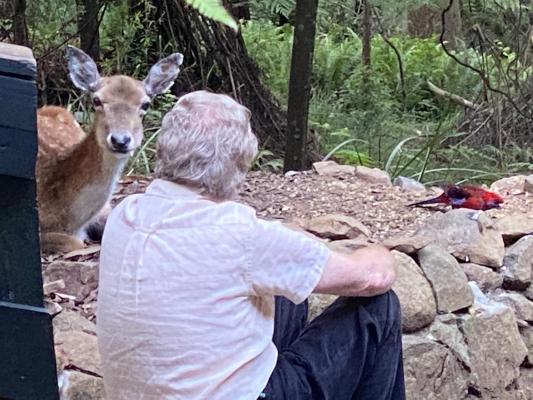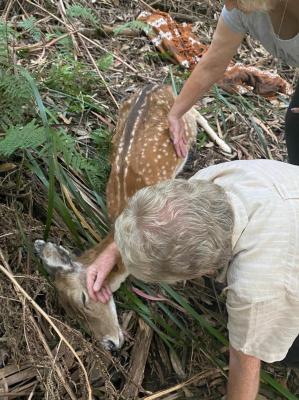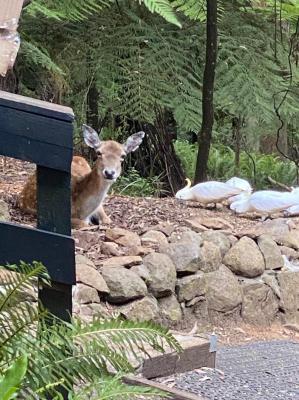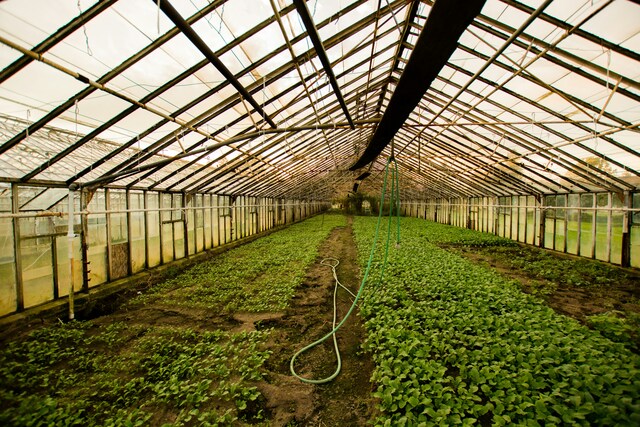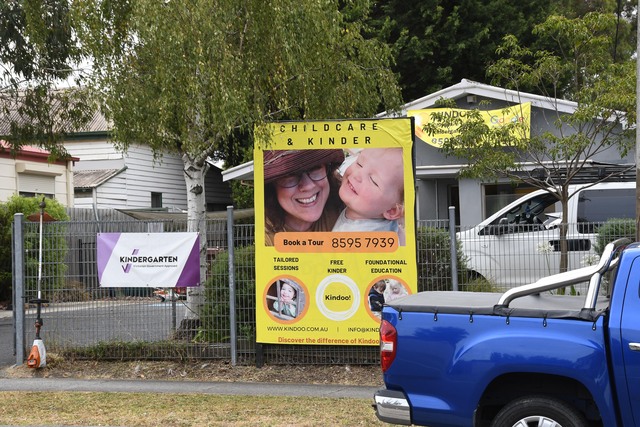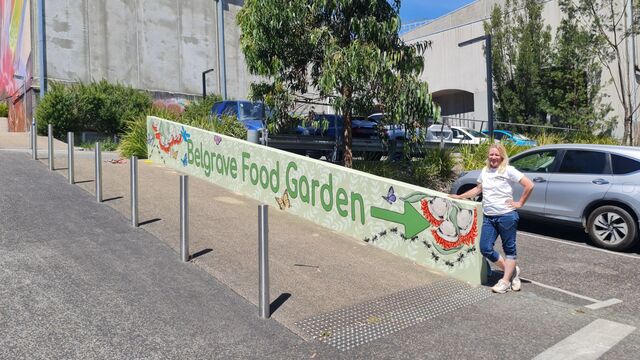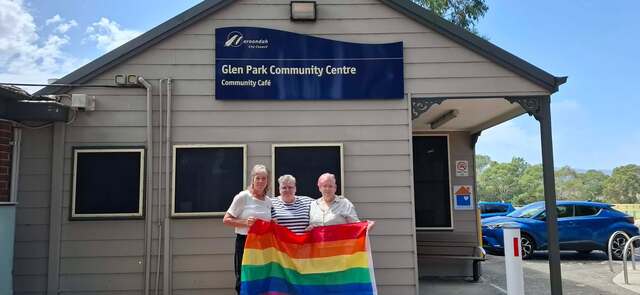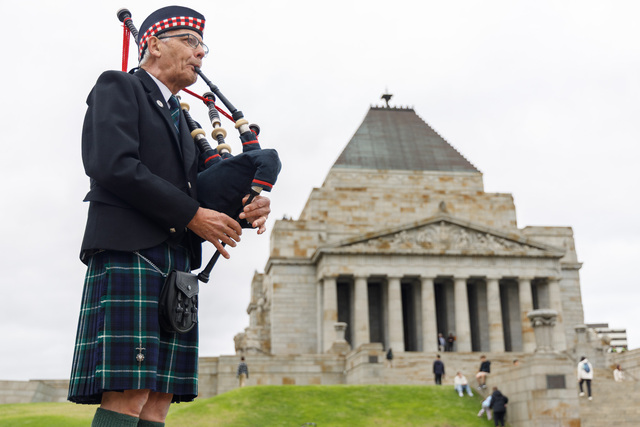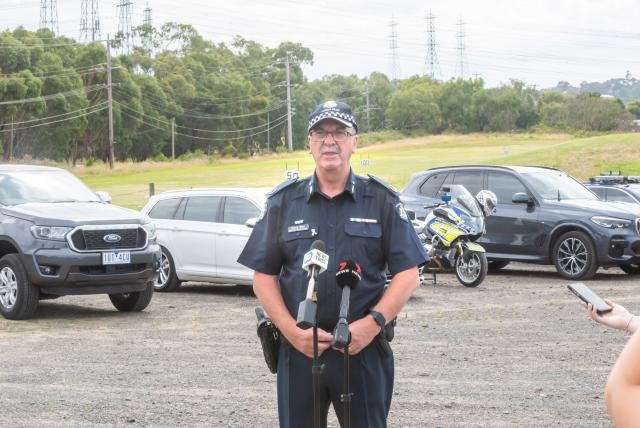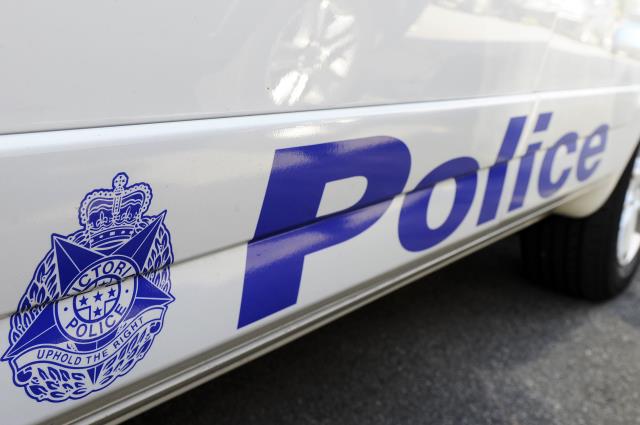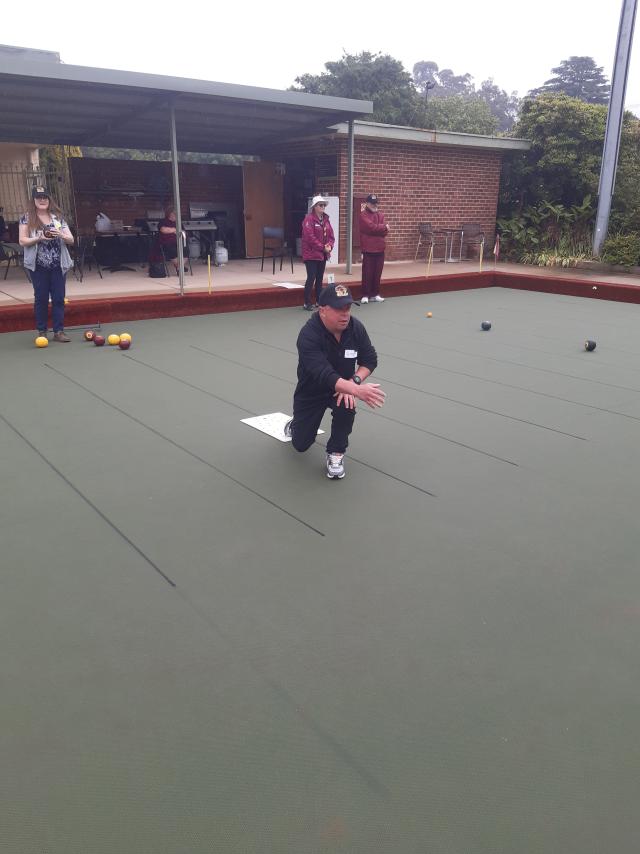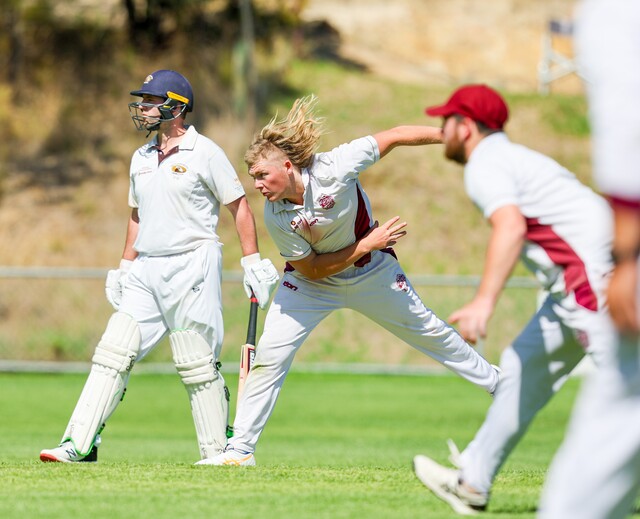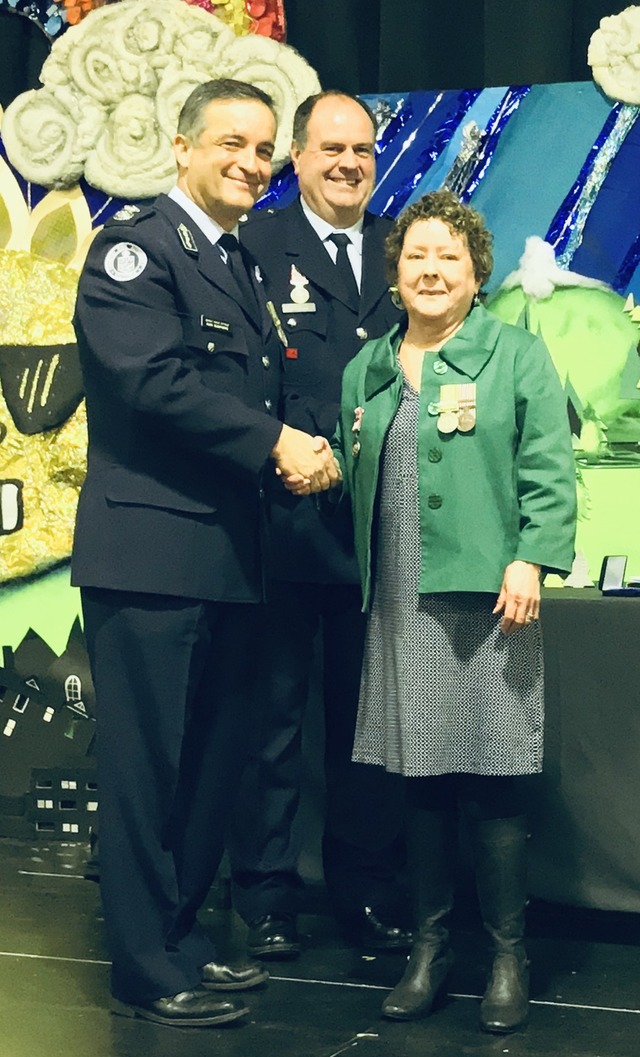When a deer comes across a human, it is likely to freeze. Maybe take a few steps backwards, frantically searching for an escape route, and then run – like it’s life depended on it.
But when Olinda man Ross Shakespeare stumbled across a little female deer in his yard six years ago, she didn’t run. In fact, she never really left, with the unlikely pair forming an “unbelievable” connection and heartwarming companionship.
“She would come just on dusk and lay four or five feet from me. She would put her head on her paw and look at me straight in the eyes, and I would look at her and she would just be with me. I sang her little songs and would tell her ‘you’re a beautiful girl’, ‘you are very special’,” Mr Shakespeare said.
Mr Shakespeare’s friendship with the deer, who he affectionately named ‘Little Deer’, formed when he was “wandering around doing something and she just turned up”.
“We don’t have any fences or neighbours, we don’t have a garden, you step out the front door and take a few steps and you are in the forrest,” he explained.
“She was looking at me so I just talked to her. I said, gently, ‘how are you beautiful little girl?,” he said.
“I fed her and she came back a bit after that.
Mr Shakespeare said he could tell straight away the pair had formed a deep connection.
“It really blew me away for me to be able to make a connection with a wild animal. When I say wild, I do not mean dangerous, but not tame. She and I connected, she trusted me so much. From that point in time she would come virtually every day, just on dusk,” he said.
“I would sit with her and it was just wonderful. The most beautiful thing was just spending time with her.
Mr Shakespeare’s wife, Denise, said “Ross knew other people could be unkind to deer” so he made sure he “built up her trust gradually”.
“He never touched her, to make sure she would remain a little wary of humans,” she explained.
But with time, Little Deer began to let Mr Shakespeare feed her, with her favourite foods being fresh apples, pears, carrots and Green Valley Grains.
While Mr Shakespeare knew all along that Little Deer was elderly, she began showing signs that she was severely ill in January.
“I knew she was aging, but she was also having physical problems. She began to bring up froth and had discharge from her nostrils,” he said.
Concerned, Mr Shakespeare called Vets for Compassion, a volunteer-run veterinary service. Dr. Elaine Ong and Dr. Chris arrived at the Shakespeare’s property and informed Mr Shakespeare that Little Deer likely had lung disease or pneumonia.
Dr. Elaine said Mr Shakespeare was “most concerned” and “wanted to know how he could examine Little Deer without hurting her”.
“We assured him we would tranquilise her with a dart gun from a distance. We decided to do it quickly, because she was quite ill,” Dr. Elaine said.
Still fearful of humans other than Mr Shakespeare, Little Deer bolted at the site of Dr. Elaine and Dr. Chris.
“We had to follow her, she went down the hill and we managed to tranquilise her from a distance. The hill was so steep, probably 45 degrees,” she said.
“She fell asleep just there. If she was a wild animal we would normally euthanise them on the spot and let nature take them, cover them respectfully with leaves. But I quickly realised how important this deer was to Ross, he was always so polite and you could see how stressed he was when we said we can’t carry her back up the hill.
“He had just lost his little friend, he and his wife had come down to say goodbye. I told Ross and Denise she (Little Deer) was not in pain but could still hear them, so he spent quite a long time talking to her, it was quite serene to watch.
“Ross resigned to the fact we had to leave little deer at the bottom of the hill, but we could see he was struggling with the idea,” Dr. Elaine explained.
With no one around to help get Little Deer back up to the top, where Mr Shakespeare wanted her final resting place to be, Dr. Elaine called in back up.
“I rang a young man called Jacob. He lives near Cheltenham so it took him 45 minutes to get here. With Jacob’s help we managed to carry Little Deer up the hill and found a spot to bury her,” Dr. Elaine explained.
Dr. Elaine said this “was a very special case”.
“It was also very special because in Victoria we call deer pests, once an animal is named a pest you attract all the undesirables to shoot them. But they all feel pain and they feel fear,” she said.
“This bond between Ross and Little Deer is very powerful, it shows to treat animals with respect. They gave each other a lot of peace and support”.
Mr Shakespeare said the effort by Dr. Elaine, Dr. Chris and Jacob in getting Little Deer to her final resting place was “marvellous”.
“They are wonderful people. They made me a beautiful thing just out of the blue and posted it to me. It’s on a big board here which is magnetic, with photos of me and Little Deer just after she was put to sleep. I’ve got it on my fridge,” Mr Shakespeare said.
“I’ve buried her not far from my front door, I can look at her grave from where I used to sit and talk to her,” Mr Shakespeare said.
“To make a connection with a wild animal was a magical experience. I will never forget her. She had such an impact on me, she was just a very special deer,” he said.

